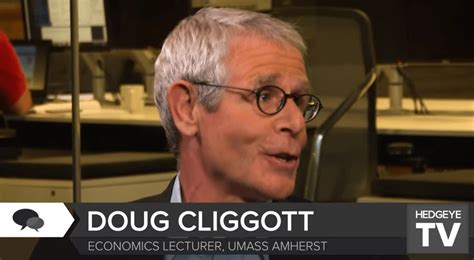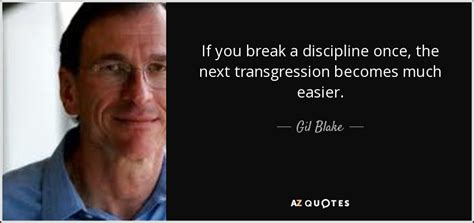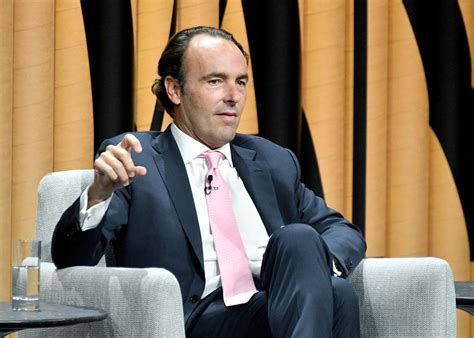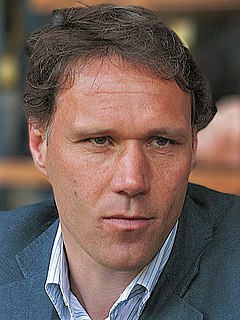A Quote by Joel Greenblatt
The big picture is: the main thing you should be concerned about in the future are incremental returns on capital going forward. As it turns out, past history of a good return on capital is a good proxy for this but obviously not foolproof. I think this is an area where thoughtful analysis can add value to any simple ranking/screening strategy such as the magic formula. When doing in depth analysis of companies, I care very much about long term earnings power, not necessarily so much about the volatility of that earnings power but about my certainty of "normal" earnings power over time.
Quote Topics
About
Add
Analysis
Any
Area
Big
Big Picture
Capital
Care
Certainty
Companies
Concerned
Depth
Doing
Earnings
Foolproof
Formula
Forward
Future
Going
Good
History
I Care
Incremental
Long
Long Term
Magic
Main
Main Thing
Much
Necessarily
Normal
Obviously
Out
Over
Past
Picture
Power
Proxy
Ranking
Return
Returns
Screening
Should
Simple
Strategy
Term
Thing
Think
Thoughtful
Time
Turns
Value
Very
Volatility
Related Quotes
I think there's an awful lot of twaddle and bullshit on EVA. The whole game is to turn retained earnings into more earnings. EVA has ideas about cost of capital that make no sense. Of course, if a company generates high returns on capital and can maintain this over time, it will do well. But the mental system as a whole does not work.
Being captive to quarterly earnings isn't consistent with long-term value creation. This pressure and the short term focus of equity markets make it difficult for a public company to invest for long-term success, and tend to force company leaders to sacrifice long-term results to protect current earnings.
Human capital analysis starts with the assumption that individuals decide on their education, training, medical care, and other additions to knowledge and health by weighing the benefits and costs. Benefits include cultural and other non-monetary gains along with improvement in earnings and occupations, while costs usually depend mainly on the foregone value of the time spent on these investments.
I was very, very concerned about President Obama and how much executive order and how much executive power he tried to exert. But I think I want to be, and I think congress will be, a check on any executive, Republican or Democrat, that tries to grasp too much power. And really, a lot of the fault is not only presidents trying to take too much power, it's Congress giving up too much power.
After careful consideration, we have decided that for our next fiscal year, we'll issue guidance on comparable store used unit sales and on earnings per share only for the full fiscal year. We will no longer issue quarterly guidance. This decision reflects our continuing focus on longer-term store, sales, and earnings growth and on return on invested capital, and our recognition that the performance in shorter-term periods can be more volatile than over the longer term. As we report our quarterly results, we plan to comment on how our performance is tracking against our annual guidance.
A young financial writer once brought ridicule upon himself by stating that a certain company had nothing to commend it except excellent earnings. Well, there are companies whose earnings are excellent but whose stocks I would never recommend. In selecting investments, I attach prime importance to the men behind them. I'd rather buy brains and character than earnings. Earnings can be good one year and poor the next. But if you put your money into securities run by men combining conspicuous brains and unimpeachable character, the likelihood is that the financial results will prove satisfactory.
The key is if the economic data stays soft, maybe we don't have to worry much about interest rates anymore. Then we need to worry about earnings. What gave us a really strong move in stock prices from late May until about two weeks ago was this heightened optimism that maybe interest rates are at that high. That gave you a relief rally. Now reality is setting in - if we've seen the worst on interest rates then we've seen the best on earnings.
One of the principal impediments to job creation is uncertainty on the part of American companies, large and small. We've all watched as companies have sat on a lot of capital. They're uncertain about what tax policy is going to be. They're clearly uncertain about how health care costs. They're uncertain about all the regulations on capital markets.






































